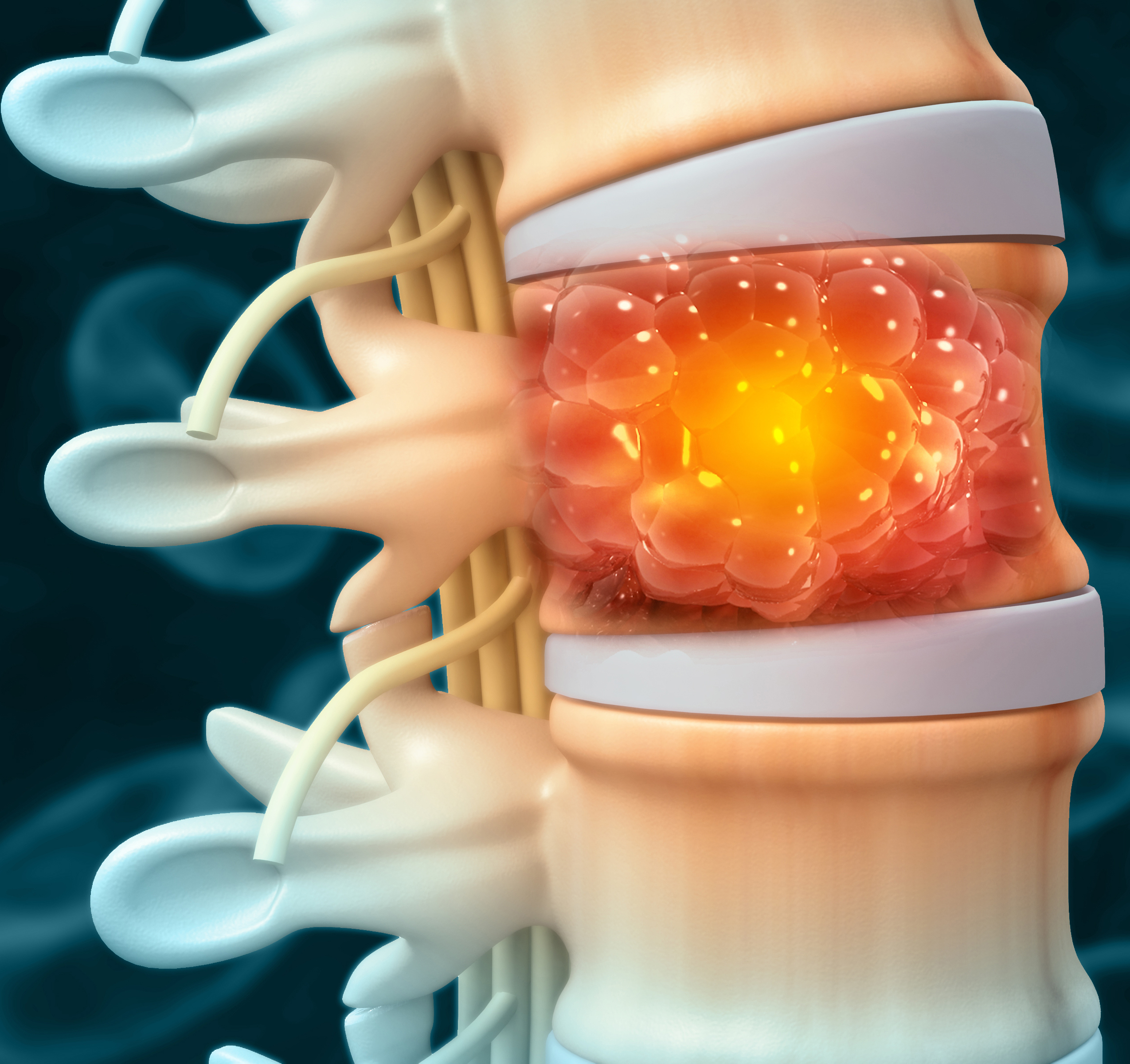
Spine Tumor
Serving the South Florida and Orlando Areas
Dr. Andreas C. Tomac, MD, PhD, FAANS is a distinguished neurosurgeon specializing in diagnosing and treating Spine Tumors.
Treating Spine Tumors

How are Spine Tumors diagnosed?
Diagnosing spine tumors involves a comprehensive evaluation, and a neurosurgeon like Dr. Tomac plays a crucial role in this diagnostic process. Dr. Tomac typically begins by gathering a detailed medical history, including information about the onset and progression of symptoms, previous medical conditions, and family history. A thorough physical examination assesses neurological function, pain levels, and any visible signs of spinal abnormalities. Imaging studies, such as Magnetic Resonance Imaging (MRI) or Computed Tomography (CT) scans, are essential to visualize the spine and identify the location, size, and characteristics of the tumor. In some cases, a biopsy may be performed to determine whether the tumor is benign or malignant. Dr. Tomac’s expertise in neurosurgery allows for a precise analysis of imaging results and biopsy findings, aiding in an accurate diagnosis. The collaboration between the patient and Dr. Tomac is crucial in developing a personalized treatment plan based on the specific characteristics of the spine tumor. Seeking timely medical attention is essential for an accurate diagnosis and the initiation of appropriate management strategies.

What treatments are available?
Discover effective treatments for spinal fractures at our clinic. Led by renowned neurosurgeon Dr. Tomac, our comprehensive approach considers factors like fracture type and severity. Non-surgical options, including pain management, bracing, and activity modification, offer tailored solutions. For more serious cases, surgical interventions like vertebroplasty, kyphoplasty, spinal fusion, or internal fixation are available. Collaborate with Dr. Tomac to determine the most suitable treatment plan, ensuring personalized care aligned with your unique circumstances. Timely medical attention and regular follow-ups are essential for monitoring progress and addressing concerns. Explore our resources for insightful information on spinal fracture treatments and take the first step towards optimal spinal health.
